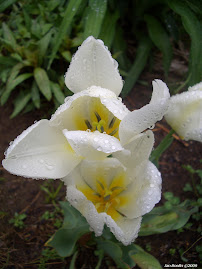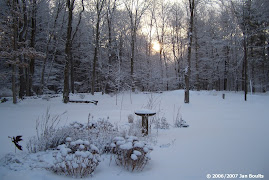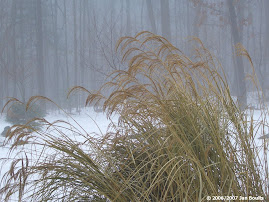William Butler Yeats was an Irish poet and playwright known for his menacing symbolism. He was one of the most important poets of the 20th century and won the Nobel Prize for literature. He wrote some of his best work after he won the prize. Yeats died on January 28, 1939.
HE MOURNS FOR THE CHANGE THAT HAS COME UPON HIM AND HIS BELOVED, AND LONGS FOR THE END OF THE WORLD
O you not hear me calling, white deer with no horns?
I have been changed to a hound with one red ear;
I have been in the Path of Stones and the Wood of Thorns,
For somebody hid hatred and hope and desire and fear
Under my feet that they follow you night and day.
A man with a hazel wand came without sound;
He changed me suddenly; I was looking another way;
And now my calling is but the calling of a hound;
And Time and Birth and Change are hurrying by.
I would that the Boar without bristles had come from the West
And had rooted the sun and moon and stars out of the sky
And lay in the darkness, grunting, and turning to his rest.
I have been changed to a hound with one red ear;
I have been in the Path of Stones and the Wood of Thorns,
For somebody hid hatred and hope and desire and fear
Under my feet that they follow you night and day.
A man with a hazel wand came without sound;
He changed me suddenly; I was looking another way;
And now my calling is but the calling of a hound;
And Time and Birth and Change are hurrying by.
I would that the Boar without bristles had come from the West
And had rooted the sun and moon and stars out of the sky
And lay in the darkness, grunting, and turning to his rest.
William Butler Yeats; b. June 13, 1865, d. January 28, 1939.
"He Mourns for the Change that has Come Upon Him and His Beloved, and Longs for the End of the World" is reprinted from The Wind Among the Reeds. W.B. Yeats. London: Elkin Mathews, 1899.
Portrait: William Butler Yeats, by John Singer Sargent, 1908.










No comments:
Post a Comment